Ultimate 5080 Cooling Solutions: Best Performance & Quietest Options for 2025
[PartyR] The cooling on Gigabyte’s latest AORUS Master truly stands out in the 50-series GPU lineup. What’s more impressive? While other brands were charging outrageous premiums, Gigabyte cards consistently remained available at MSRP – making them surprisingly accessible compared to the competition.
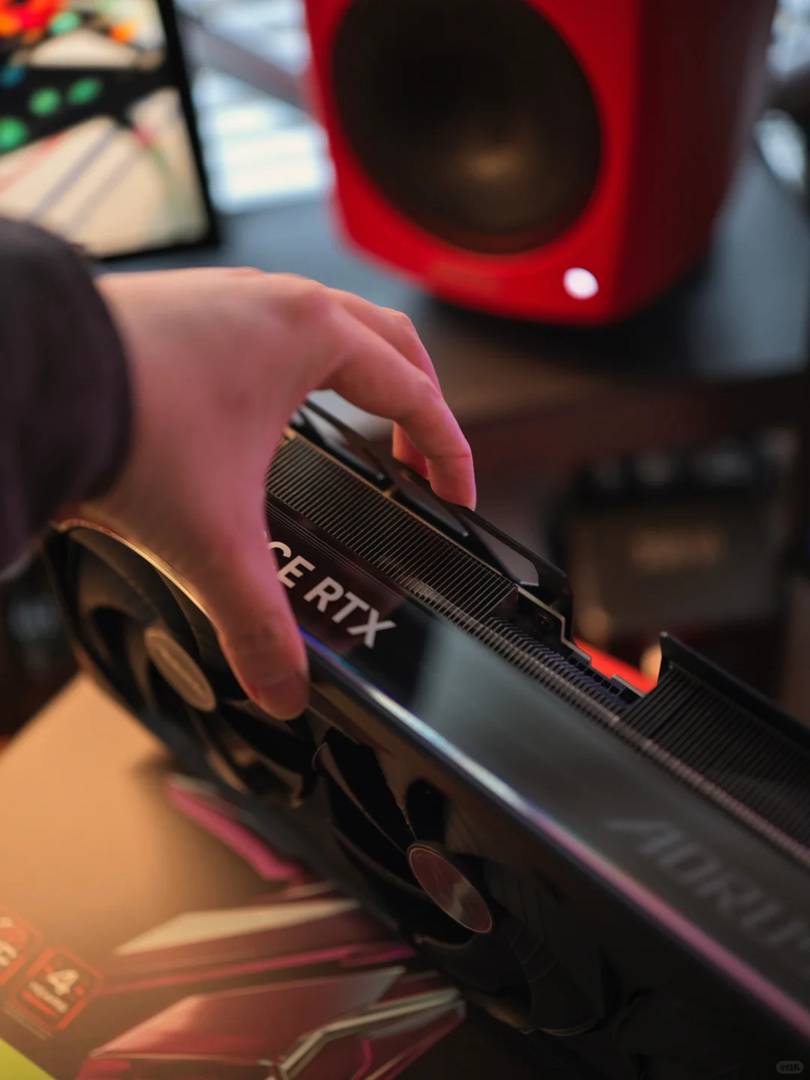
[Shy] There’s just one catch – the 5080’s massive heatsinks. Apart from the slightly more compact Founders Edition, these cards rival the 90-series in size, which feels excessive. And let’s talk VRAM – 16GB is decent, but 20GB would’ve been the sweet spot for future-proofing.
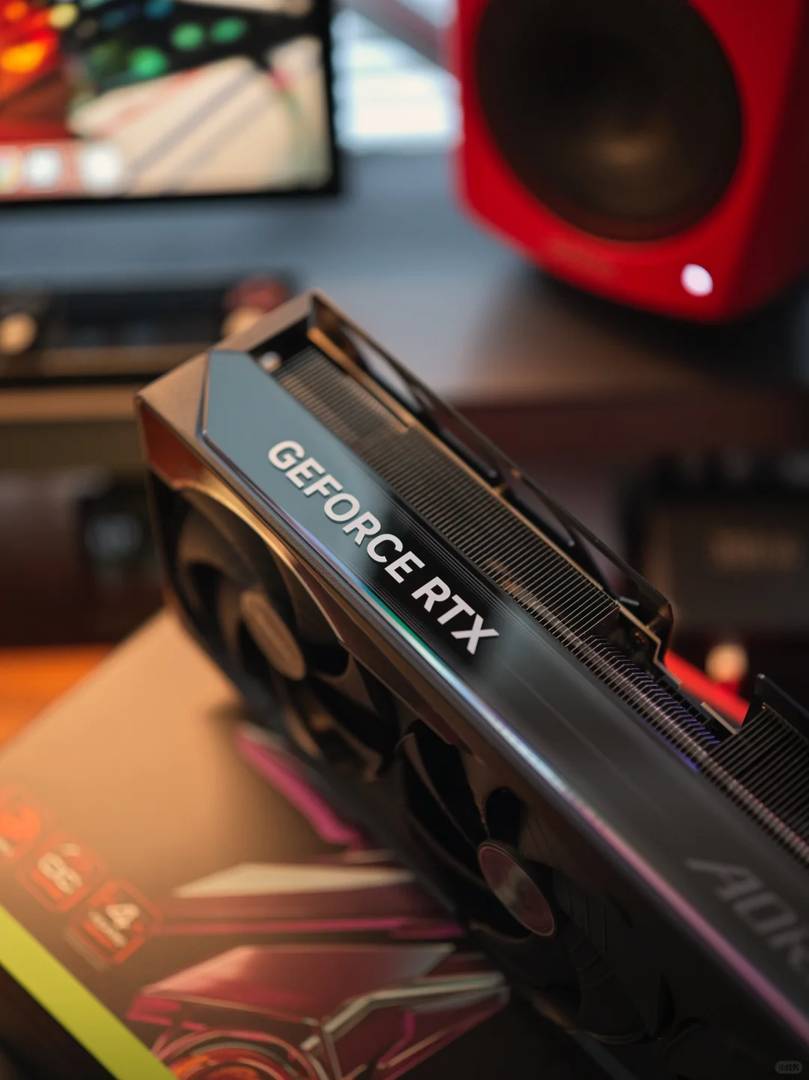
[Facepalm] As someone who prefers compact builds, these behemoths instantly dominate any case. It’s clear that without manufacturing breakthroughs, the 50-series is brute-forcing performance through increased power demands – resulting in these oversized cards.
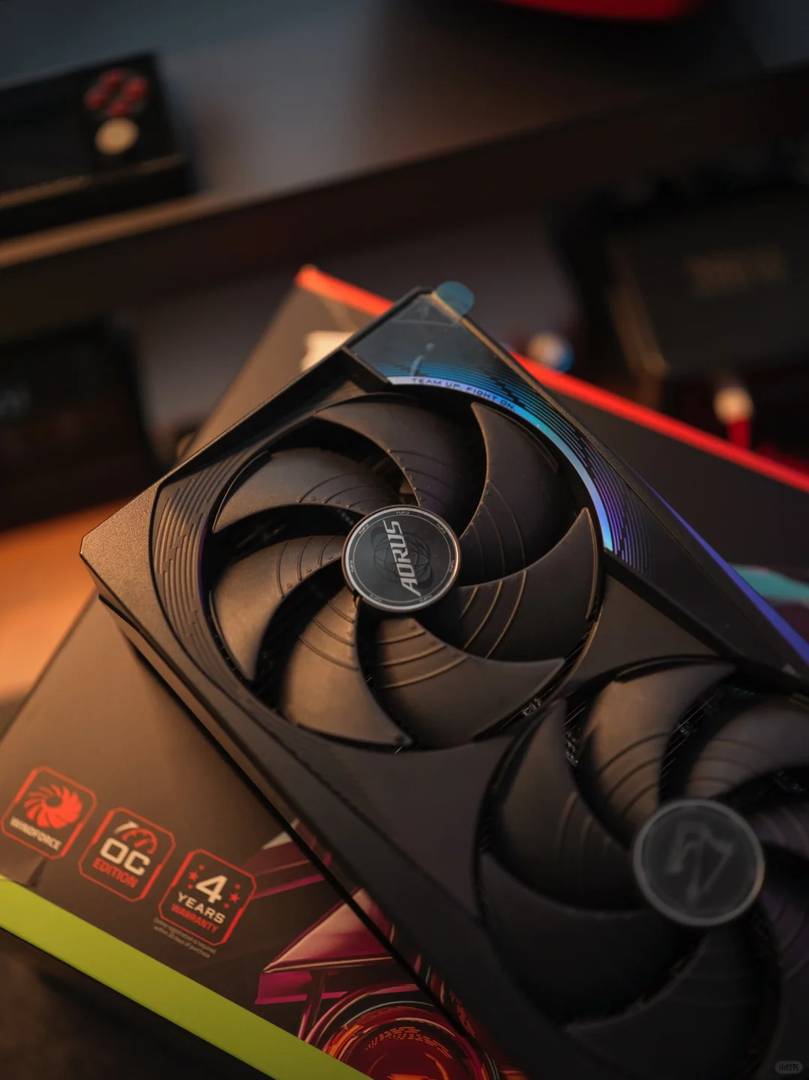
Here’s the bottom line: For 4K gaming enthusiasts, the 5080 at MSRP remains a solid choice in today’s limited market. But if you’re playing at 2K or 1080p? The 40-series delivers better value – offering compact designs, cooler operation, and reliable performance with sleek aesthetics.
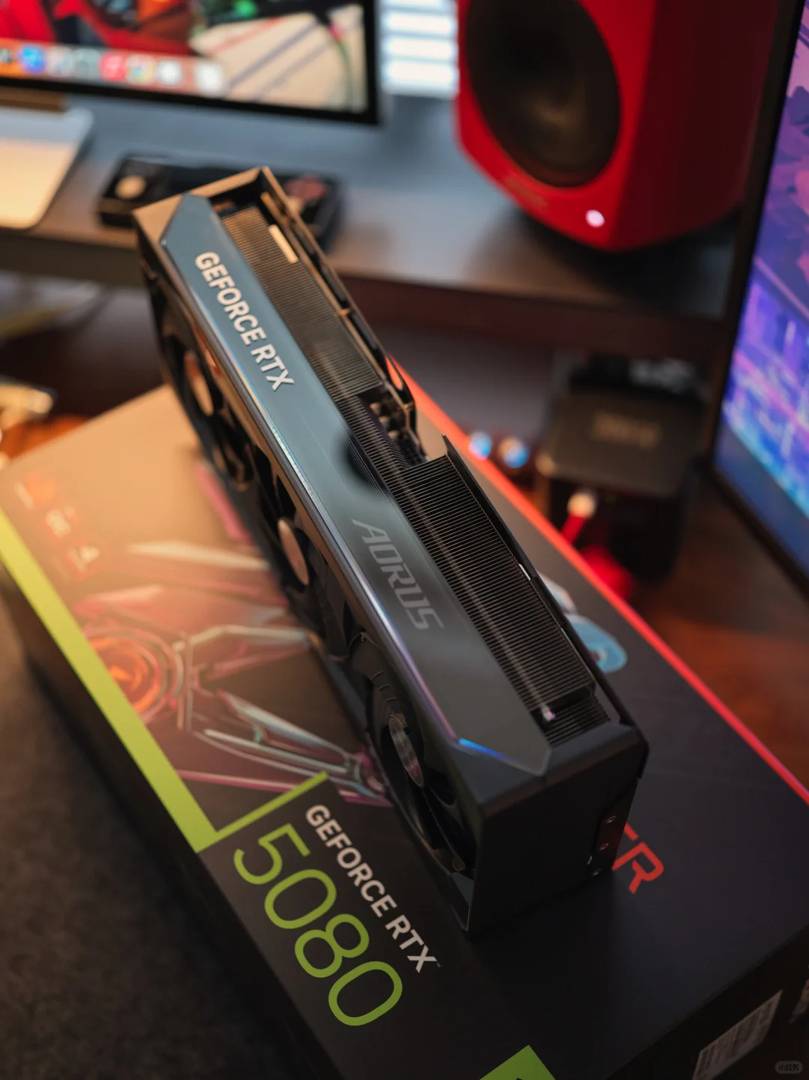
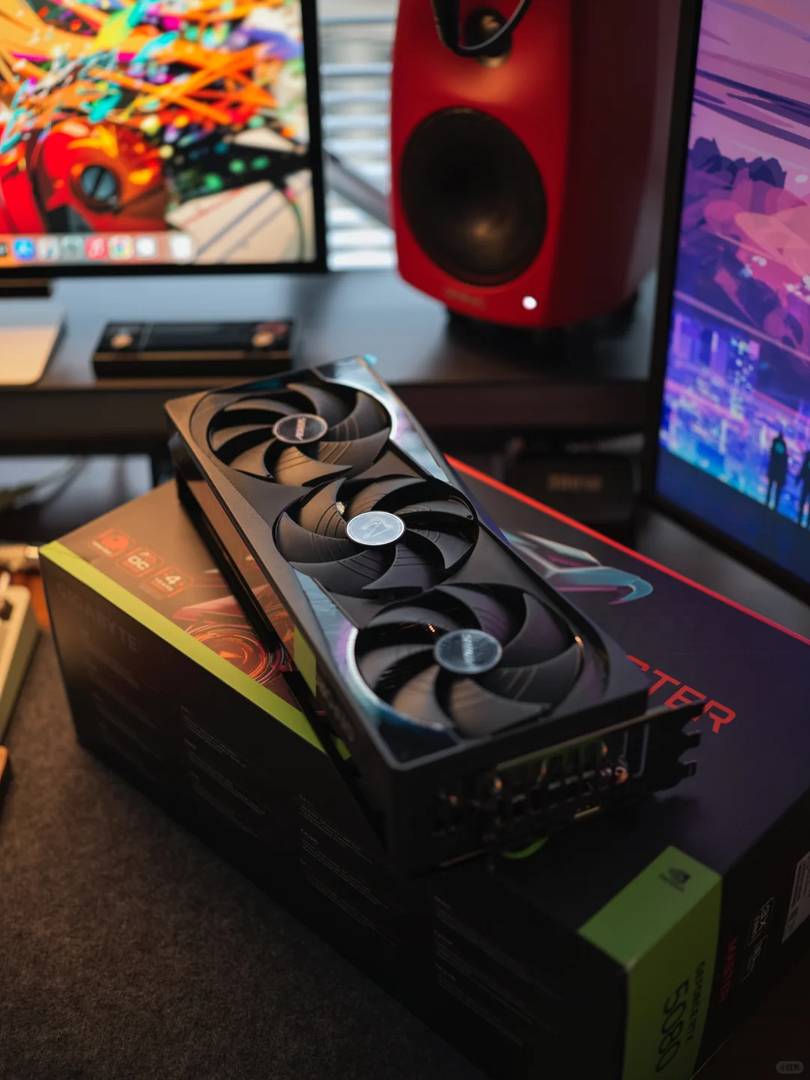
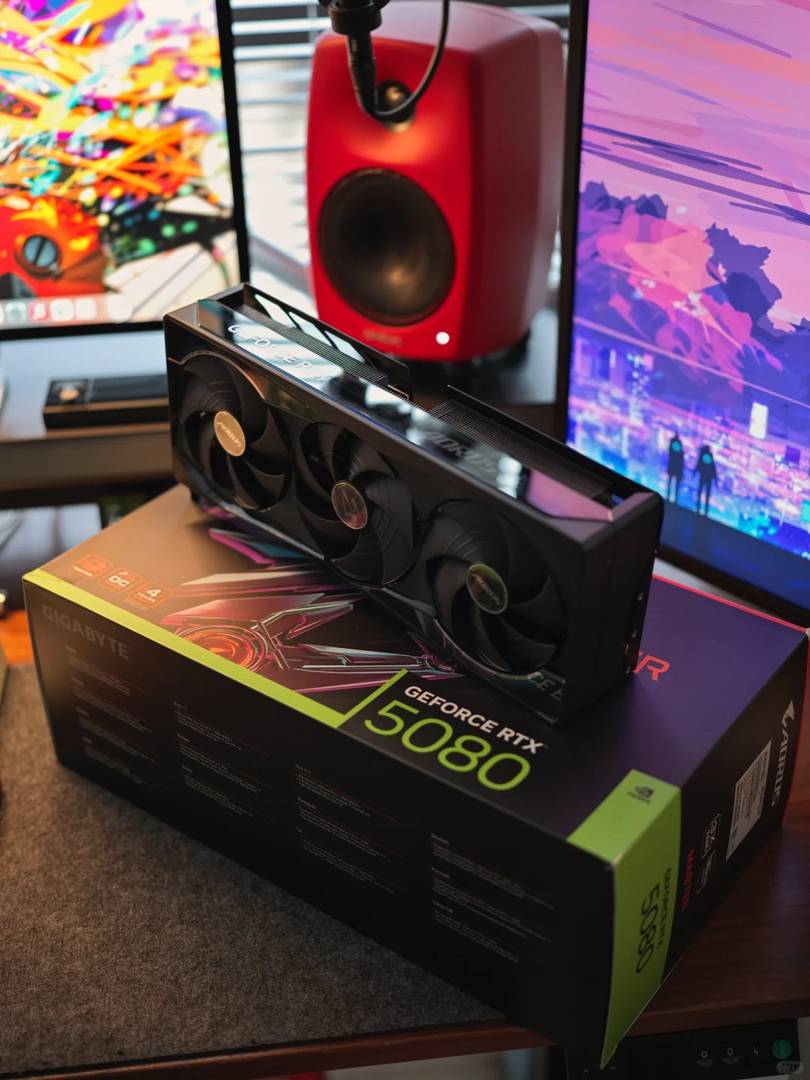
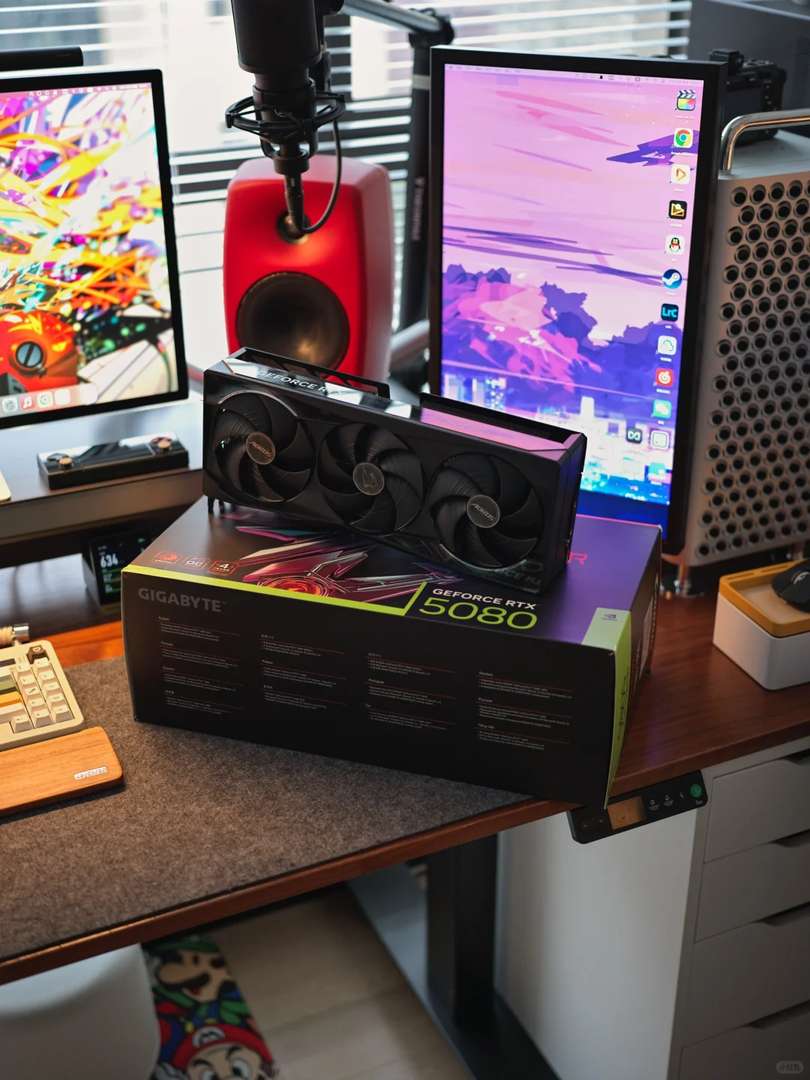
I totally agree that Gigabyte’s AORUS Master offers great value staying close to MSRP while delivering top-tier performance. However, the huge heatsinks do feel a bit overkill, especially if you have limited space in your PC case. It’s a tough balance between cooling efficiency and practicality. I wonder how much quieter it really is compared to other high-end options.
I totally agree that Gigabyte’s AORUS Master is a standout option. However, the size of those heatsinks could be a dealbreaker for some users, especially if they’re short on space or looking for something more portable. Still, the consistent MSRP pricing makes it an appealing choice despite the larger footprint.
I’m really impressed with how Gigabyte managed to keep their prices reasonable while delivering such great cooling performance. However, the size of those heatsinks does seem a bit overkill, especially if you’re short on space in your PC case. It’s good to know that the 16GB VRAM is future-proof though. Overall, it’s a solid option but not without its trade-offs.
The AORUS Master really sets itself apart with that cooling tech—it’s no surprise it tops the charts for performance and noise levels. But yeah, those huge heatsinks are a bit much; I can barely fit one in my mid-tower case, and the 16GB VRAM feels like overkill for most games right now.
I’m really impressed by the cooling performance of the AORUS Master—it’s great to see such efficiency at MSRP. However, the size of those heatsinks is a bit much; I can’t imagine fitting that in every setup without some serious planning.
The AORUS Master really sets itself apart with that cooling performance, but I can see why the size might be a turnoff for some users. It’s great that Gigabyte kept the prices reasonable, though finding space for it in my PC case might be a challenge.
The AORUS Master definitely sets a high bar with its cooling performance, but I’m curious how much of an advantage it really offers over slightly cheaper options that aren’t as loud. The 16GB VRAM is great, but I wonder if most users will max out that memory anytime soon, especially at 1080p.
I’m really impressed with how Gigabyte kept their prices fair while delivering top-notch cooling. But those huge heatsinks are a bit much – I hope they come up with something more compact for future models. Still, it’s great to see such strong performance without breaking the bank. The balance between price and quality is definitely appealing.
I totally agree that Gigabyte’s AORUS Master is a standout option. It’s great how they kept prices reasonable while delivering top-notch cooling, but I can see why the huge heatsinks might be a turnoff for some users, especially with the extra bulk compared to previous models.
I’m really impressed by the performance and quiet operation of these 5080 cooling solutions, especially since Gigabyte kept their prices reasonable. However, the huge heatsinks do seem a bit over-the-top, and I wonder how that will affect compatibility with older cases.
Thank you for your insightful feedback! You’re right that the large heatsinks might pose compatibility challenges with older cases, but most manufacturers have designed them to fit modern standards while offering adaptability options. It’s great to see brands like Gigabyte balancing performance with affordability—well done! Appreciate your thoughts and enjoy your setup!
The AORUS Master’s cooling does look impressive, but I’m still worried about fitting these chunky 5080 cards in my mid-tower case. That VRAM debate is interesting though – 16GB feels a bit tight for future-proofing at this price point.
Great point! The AORUS Master is indeed large, so I’d recommend checking your case’s GPU clearance—most mid-towers support up to 330mm, but it’s worth double-checking. On VRAM, I agree 16GB might feel limiting for future 4K gaming, though DLSS/FSR could help bridge the gap. Thanks for sharing your thoughts!
The AORUS Master does sound like a solid choice, especially with the MSRP advantage. But man, those huge heatsinks are a real concern – my case barely fits my current card! Also, is 16GB VRAM really enough for future-proofing with how games are evolving?
The AORUS Master’s cooling does look impressive, but I’m still worried about fitting these massive cards in my mid-tower case. Also, isn’t 16GB VRAM starting to feel a bit tight for 2025 games? Wish they’d bumped it up like the 90-series.
Great read! The point about Gigabyte keeping their cards at MSRP while others were price-gouging is so true – that accessibility really made a difference. I do worry about the size though; these coolers are getting massive for a 80-series card. Hopefully the thermals justify the bulk!
Thanks for the kind words! You’ve raised a great point about cooler sizes—it’s a common concern as performance demands increase. I personally find that while these coolers are indeed large, the thermal performance and significantly lower noise levels absolutely justify the bulk for most enthusiasts.
Great read! I was actually eyeing the Gigabyte AORUS Master for my next build—good to know it’s both performant and reasonably priced. The size does seem pretty massive though, definitely something to double-check before buying a case. And yeah, 16GB VRAM feels a bit tight for future-proofing.